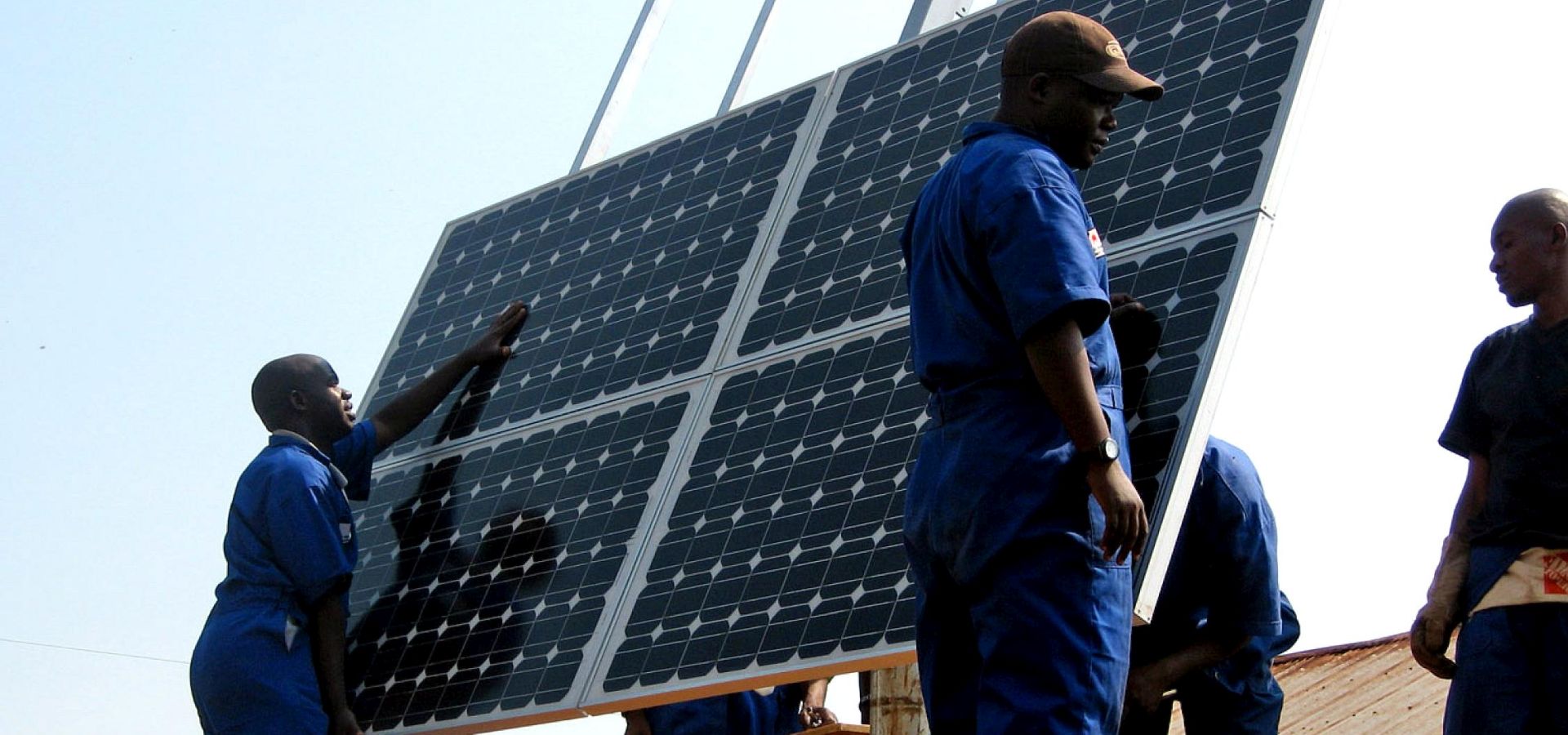South Africa’s president said in his speech at pre-COP27 on Friday that his country needs about $84 billion over the next five years for energy transition and to cut carbon emissions. South Africa also needs to capitalize on economic opportunities from the energy transition and assist the country’s affected communities.
The transition from coal needs money
At last year’s COP26 climate summit, wealthy nations such as the United States, Britain, France, and Germany, as well as the European Union, committed $8.5 billion. This finance was aimed to assist South Africa. This country is the continent’s most industrialized nation. It needs help in reducing emissions and accelerating the transition away from coal. South Africa mostly relies on coal for the majority of its electricity generation.
However, the investment plan presented by President Cyril Ramaphosa on Friday’s pre-COP27 session, just days before the COP27 summit in Egypt, demonstrated that the government believes far more is required.
Funding for the energy transition – the question for COP27
The scale of funding required to achieve South Africa’s ambition is significantly higher, much higher than the funding offered, Ramaphosa stated at a presidential climate commission meeting. He added that it’s the message the country will convey when attending official COP27 meetings.
Ramaphosa stated that South Africa is in discussions with international partners to identify additional funding sources. Also, he said that he has requested a significantly larger grant component in support pledges.
The 1.5 trillion ($84 billion) rand plan includes approximately 1 trillion rands in electricity financing needs. The rest of the 128 billion rands is for new energy vehicle financing needs. Also, 319 billion rands are for green hydrogen financing needs.
Covering the financial gap for energy transition is a must
According to the head of South Africa’s presidential climate finance task team, the plan has a 700 billion rand funding gap.
By releasing this plan, South Africa is firmly placing the ball in the court of the international community, said the president. He added that it is a duty, particularly of the developed economies. They, as he stressed, through their own industrialization, have contributed significantly to the climate damage.
South Africa’s energy transition plan, if successful, could serve as a model for other coal-dependent emerging economies in the global fight against climate change.

